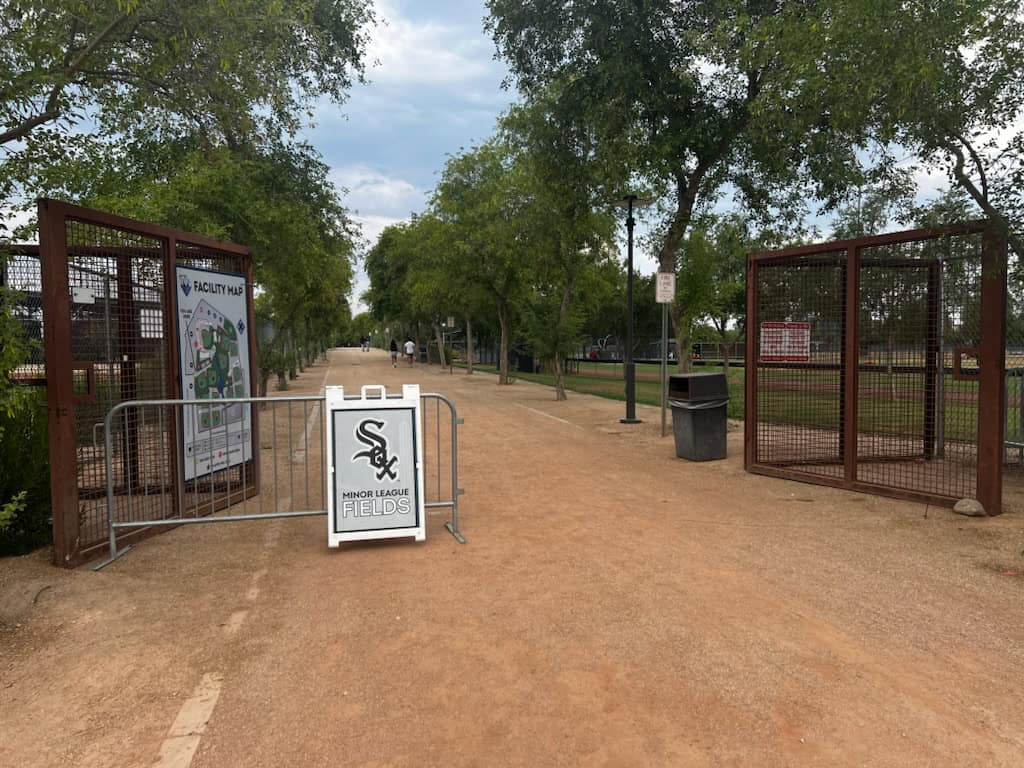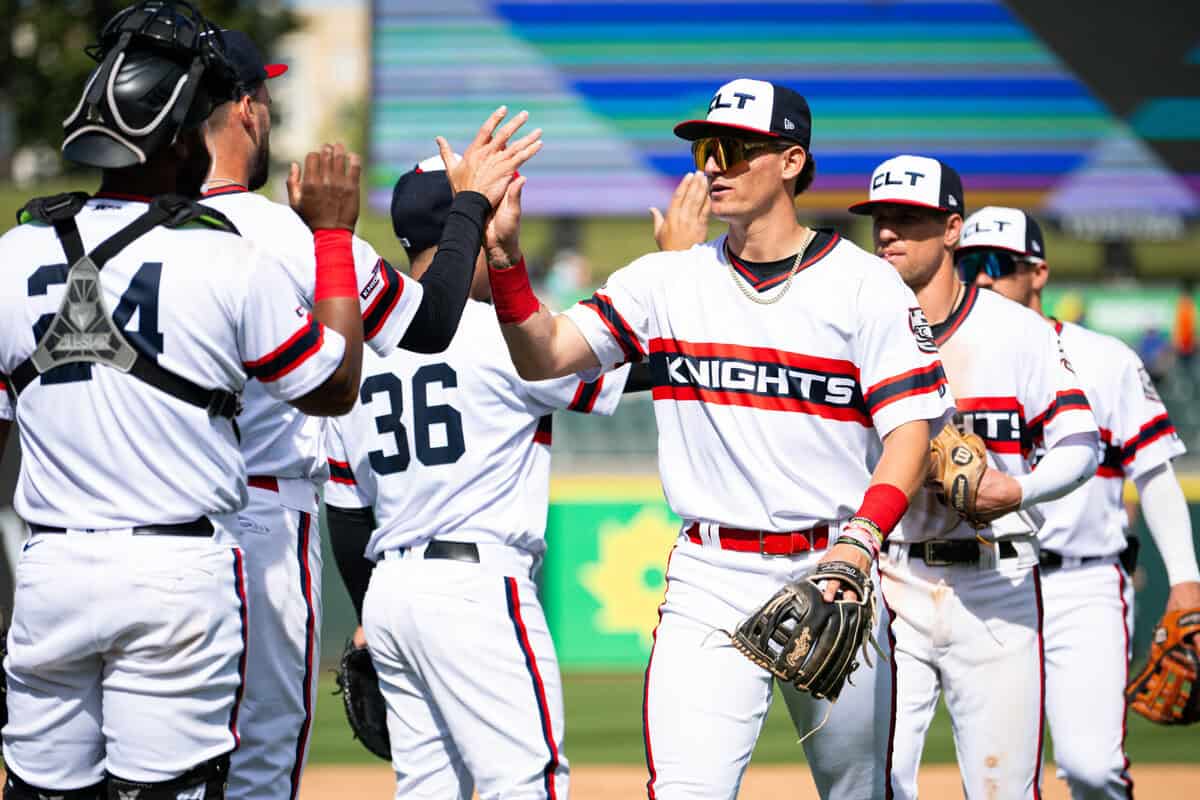You have to hand it to Kevin Mather, who managed to incense his players, staff, the league, the MLBPA and fans with 45 minutes of unprompted Thomas Nast-grade fatcattery at a friggin' Rotary Club meeting, then resigned to leave everybody else in the Mariners front office to deal with the mess.
As far as messes go, this one is going to take more than elbow grease. It turns out that "[x] doesn't speak for the organization" is a tough line to pull off when [x] oversees the organization.
Seattle GM Jerry Dipoto has plenty of work remaining after his first attempt at addressing the matter, because the debate over the alleged manipulation of Jarred Kelenic's service time is only starting.
Kelenic's agent talked to Bob Nightengale, saying that Kelenic had been offered an extension 14 months ago that would have paved his way to the big leagues at some point over the 2020 season.
“It was communicated to Jarred that had he signed that contract, he would have debuted last year,’’ said Brodie Scoffield, who represents Kelenic. “It was made crystal clear to Jarred — then and now — that his decision not to call him up is based on service time.
“There’s no question that if he signed that contract, he would have been in the big leagues."
Said Kelenic, who spent last year in the Mariners’ alternate camp: “It wasn’t just communicated one time to me. It was told to me several times. That’s the God’s honest truth. It got old.’’
Dipoto maintains that no promises were made, and that Kelenic's lack of traditional high-minors experience explains everything:
“I’m not sure how you construe service-time manipulation with a 21-year-old who has played 20 games above A ball and has not yet achieved 800 plate appearances as a professional player,” Dipoto said. “That would be an unprecedented run to the big leagues. While Jared is a wildly talented player, we do want to make sure he has checked off the boxes in development because it’s incumbent on us, not just for the good of the Mariners but for the benefit of Jarred Kelenic, to make sure he has been fully developed.”
We'd already talked about Luis Robert and Eloy Jiménez having no company when it comes to the size of the contracts they signed their first MLB games, and I'm guessing the offer put forth by Seattle isn't on their tier.. Another White Sox reason to follow this fight: The bare-bones, pandemic-ignoring description of Kelenic's experience also applies to Andrew Vaughn.
Unlike previous springs and Septembers, the White Sox are talking up what Vaughn can do, rather than all the reasons their top prospect du jour might need more time in the minors. While Tony La Russa said Vaughn's name is written in pencil, not pen, on depth charts and lineup cards, he outlined all the things Vaughn has going for him, and in great detail.
"I'd say (I've seen from Vaughn) probably the three most important things a hitter has to have," La Russa said Tuesday. "First of all, if it's in a cage or if he's taking live batting practice — and I'm sure it would be the same in a game — he doesn't ever step in there where he's not ready to do damage. He's got that hitter-ish attitude.
"Second, he's got no fear. And third, he works left-center, right-center, which is what high-average hitters do, produce a lot of RBIs, a lot of home runs, they start a lot of rallies."
I'd argue that La Russa's first two elements aren't so much 1) and 2) as they are 1) and 1a), but either way, I'll take him talking up young players over dwelling on things they can't or may never be able to do for in the same of suppressing immediate earnings.
Beyond the Sox angle, you'll probably hear lots of people on the players' side referring to Mather's loose lips when negotiating the next collective bargaining agreement. It's worth getting acquainted with this story at one level or another for when the economic angle comes roaring back to life in six to eight months.
* * * * * * * * *
José Abreu wasn't able to report to spring training on Wednesday as originally planned due to a positive COVID-19 test. That said, the statement released by Rick Hahn suggests that Abreu isn't actively battling the illness.
“Jose, who is completely asymptomatic, believes he contracted a mild case of the disease in January, which is reinforced by the presence of COVID antibodies in additional testing," the statement said. "Other than being frustrated, Jose feels great and, like the rest of us, is looking forward to when he rejoins the club in the not too distant future.”
CDC guidelines advise against testing an asymptomatic person with a previously confirmed COVID-19 case within 90 days of the original infection because they can still test positive while shedding the virus. However, if Abreu was never tested for his suspected case in January, the league has no documented case to work with, so it might be trying to reverse-engineer a timeline with the antibody test. La Russa said Abreu could be back in action as soon as Friday, but more likely early next week.






